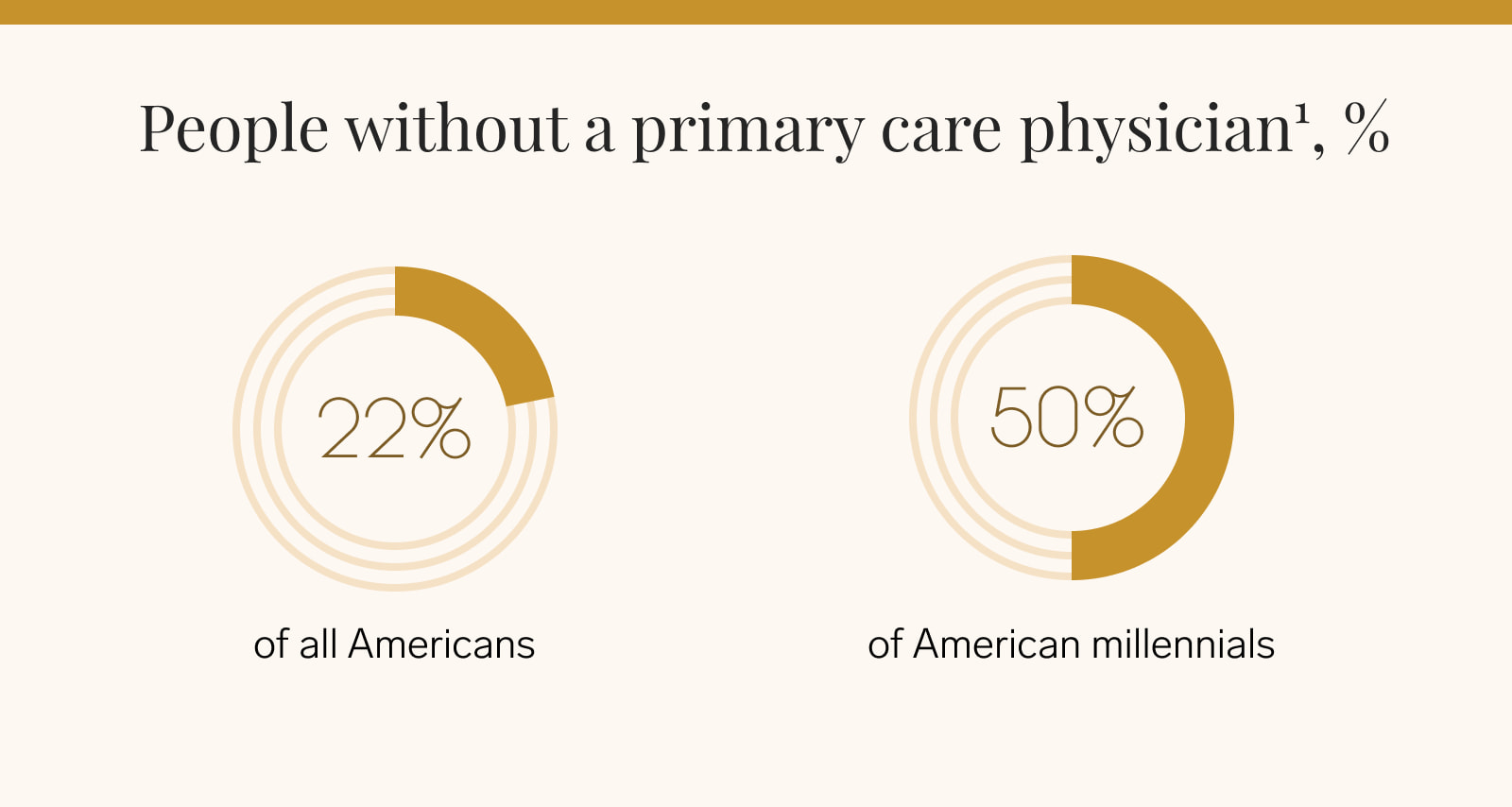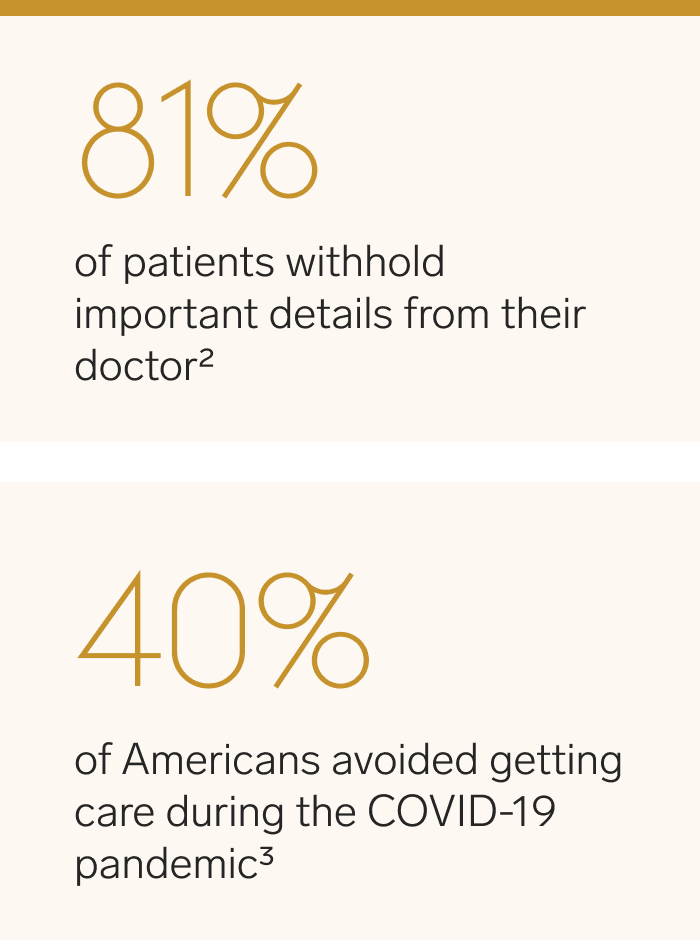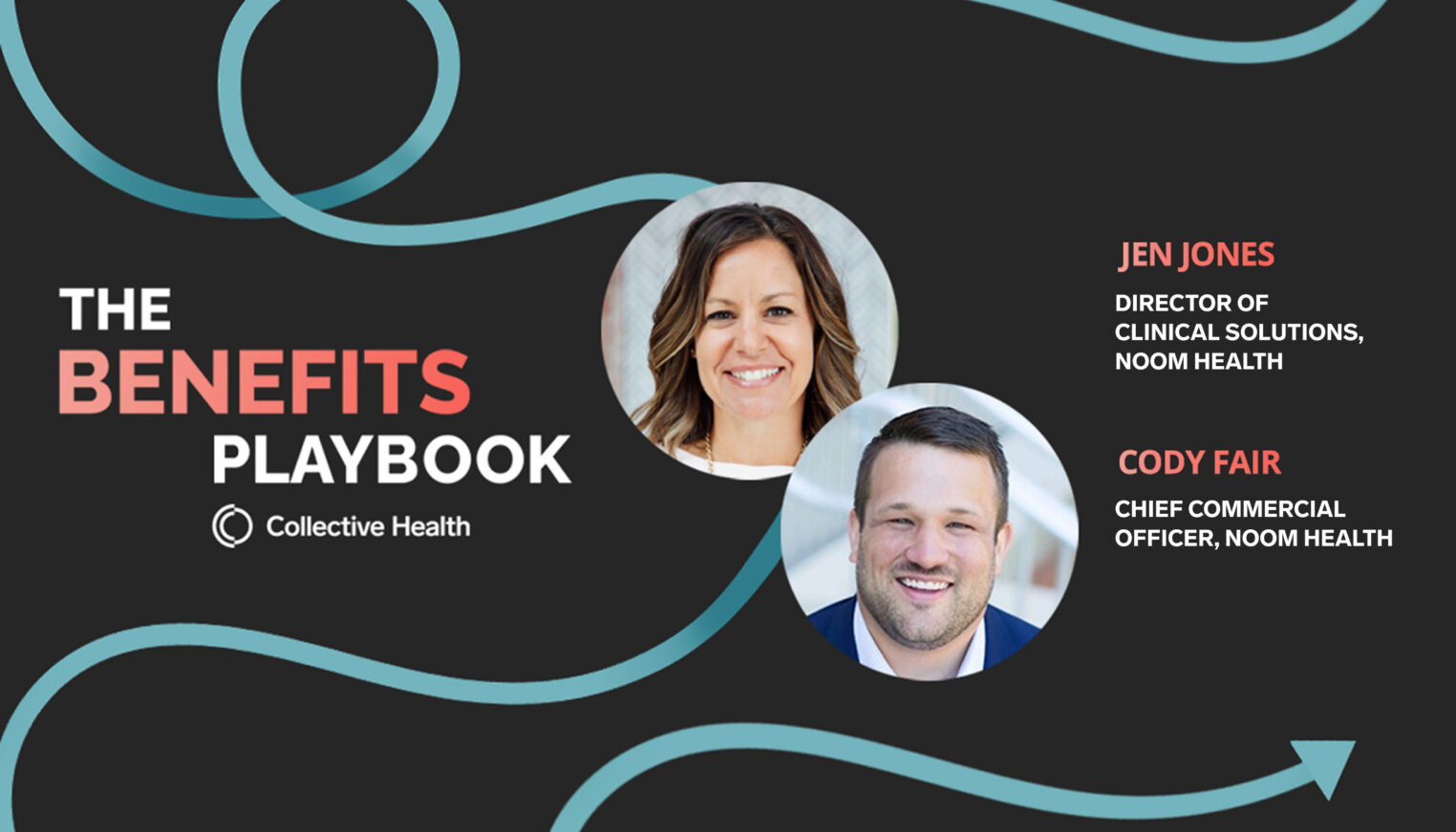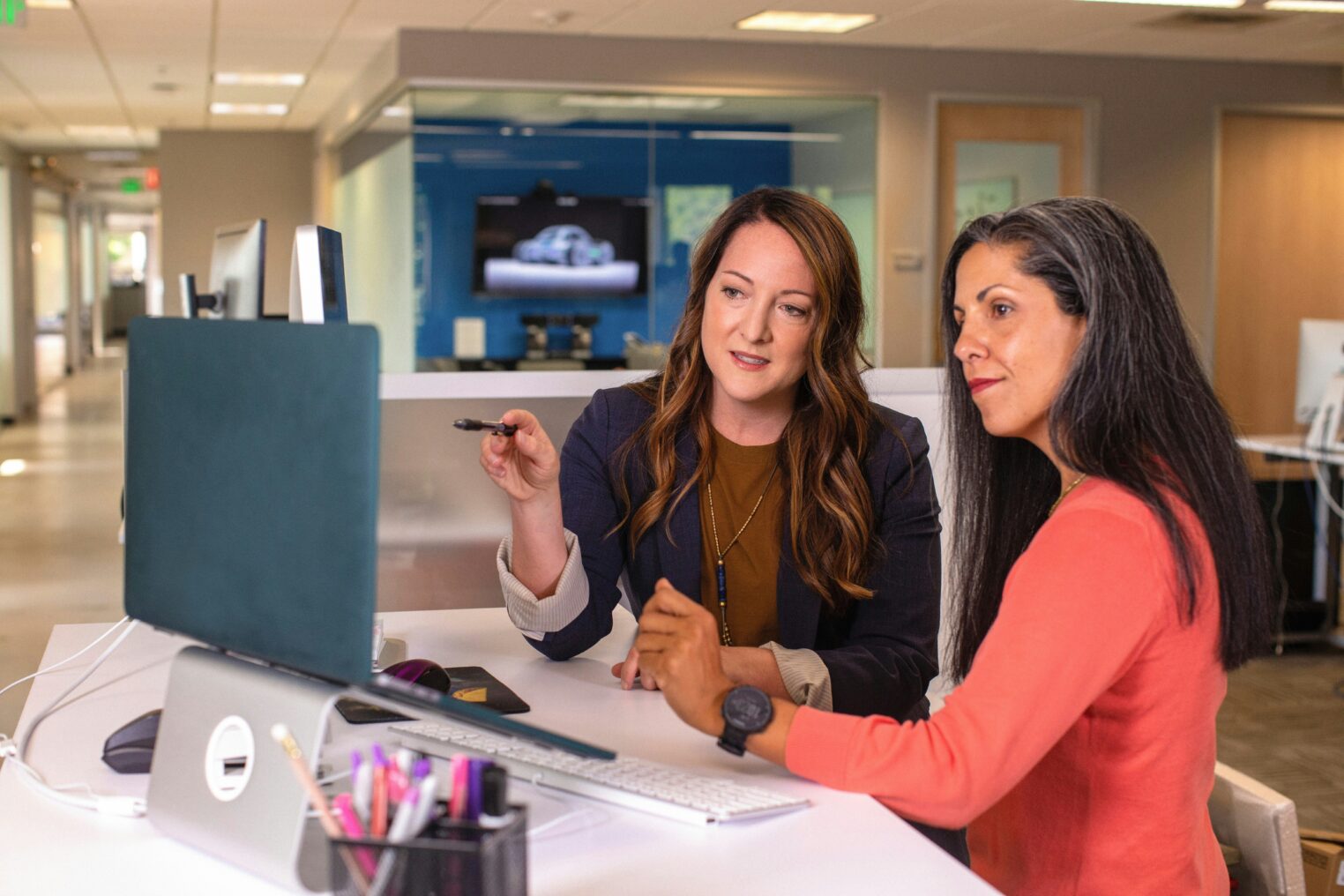By Brad Younggren, M.D.| Chief Medical Officer | 98point6
New text-based care options allow employees to contact a doctor straight from their smartphone. Is this the future of healthcare? Chief Medical Officer at 98point6, Dr. Brad Younggren, explains.
Healthcare – particularly care delivery – has changed a lot since my medical school days in the 1990s. Since then, I’ve seen technology transform the way that people access care. Just look at what we’ve witnessed in the past two years.
The Covid-19 pandemic cast a harsh light on the lack of healthcare accessibility in the U.S. Even before 2020, financial, logistical, and transportation-related barriers stood between many Americans and the medical help they need. Since the onset of Covid-19, those difficulties became even more pronounced for far too many people.
Fortunately, though, the pandemic also inadvertently highlighted the importance and value of virtual care. Having the ability to meet with a medical provider from the comfort and safety of their own home during a public health crisis meant more people could feel empowered to take control of their health and seek help when needed.
Best of all, the category of virtual care is constantly expanding – particularly as a way of delivering primary care – and text-based care is now in that mix.
Find out more
Key benefits of text-based care
Text-based care is a robust technology-based method that makes primary care more accessible to more people. Since it’s easy to use and adapt to, even for those who may be technology-resistant, we expect text-based care to become part of the new normal in modern primary care, serving as a complementary modality to round out a broad spectrum of care.
Text-based care is fundamentally different than any other care delivery method. First, patients can use a smartphone app at any time from any location to connect in minutes with a board-certified primary care doctor. Physicians can answer general health-related questions, address specific concerns, diagnose and treat and when necessary, also direct patients to our therapists and coaches for virtual behavioral health—a need that is steeply on the rise.
Secondly, since primary care visits are conducted via text, transcripts are produced in real time, allowing patients and providers the opportunity to review what was discussed during the visit. This technology-driven transparency helps us stay accountable, both to our patients and to our own high standards of care.

Access to care whenever and wherever
In my experience as an emergency physician in the U.S. Army taking care of soldiers who had been on the front lines in Iraq, I learned that technology, when scaled strategically, can help save lives. It’s good for patients as well as physicians. We wanted to apply that same technological efficiency to what we offered at 98point6; in other words, take existing healthcare technologies and make them more accessible to more people, ultimately improving patient outcomes.
So we created a text-based care system that allows people to interact with a physician from anywhere, any time of day or night.
This means a busy parent racing from work to school pickups can still find the time to communicate with a physician, receive medical advice, and have a prescription sent to their pharmacy if needed. Or someone with an intense aversion to medical offices can skip the trip and chat with a physician via text message from their sofa while feeling comfortable, safe, and cared for. Beyond that, texting is also a modality that doesn’t require broadband which can sometimes be a barrier for underserved communities.
Private conversations to ease discomforts
Discretion is another key factor in what sets our text-based care model apart. Because let’s face it: some health-related conversations are more challenging to have than others. Research tells us that a staggering 81% of patients withhold important details about their health habits because they’re afraid they’ll be judged or lectured. Fears, anxieties, and embarrassment prevent many people from seeing physicians face-to-face, which often means putting off care and potentially worsening health concerns.
With text-based care, it can be easier to ask the more difficult or uncomfortable questions. Patients can delve into private health topics without having to worry about the conversations being overheard. They can then discreetly receive their diagnoses, treatment plans, and/or prescriptions.
Download this free report now
An engaged, accountable physician team
When we first began to craft our vision for 98point6, we took a hard look at the healthcare technology market and looked for ways to improve it. Strengthening our physicians’ ability to work collaboratively was a significant opportunity we identified. All of our doctors are 98point6 employees, committed to raising the quality of care that can be delivered via technology while also creating a safer, more satisfying patient experience. These dedicated clinicians are accountable to patients and to one another.
Plus, our doctors can turn to each other to ask questions and confirm diagnoses. That means that every patient has access to the clinical expertise not just of the doctor they’re texting with but also to the entire collection of 98point6 physicians. This closed-loop approach helps us ensure that our strict standards of care are consistently maintained.
Working alongside patients’ primary care physicians
For individuals with an existing primary care relationship, text-based care is intended to support patients across their whole health journey.

We believe strongly – and remind patients regularly – that they should still see their provider at least once a year for regular exams and screenings. For those patients, our job is to supplement primary care to improve health outcomes. For patients who do not have existing PCP relationships, we can fill that gap.
Patient safety is always a top priority, so 98point6 providers sometimes determine after texting with patients that in-person visits are advisable. The value of this is providing the right care at the right time by the right provider and guiding toward the appropriate steps for the care they might need. This in turn helps to lower unnecessary, costly visits and ultimately can assist in earlier interventions in care that might be delayed.
Text-based care is ideal for those common acute health issues that busy people so often try to power through, such as stomach bugs, UTIs, and colds. It’s also an effective preventive medicine tool and can serve as a supplemental care management tool for patients dealing with chronic conditions – diabetes, cardiovascular issues, behavioral health concerns, and more. In that context, it’s not hard to imagine text-based care making a potentially lifesaving difference in the lives of people for whom in-person visits might be difficult.
Partnering with employers to help teams take charge of their health
Offering employees a healthcare plan isn’t always enough to guarantee that people will pursue primary care. Some people struggle to afford their copay or find it difficult to take time off work to see a doctor in person.
When an employer supplements traditional healthcare benefits with a text-based care plan, it gives employees a way to seek treatment regardless of schedules or budget. It gives employees an additional resource that helps them take care of themselves so they can show up to work feeling their best. This means less time away from work, and also helps reduce the possibility of someone needing more expensive treatment for an illness that could have been prevented had it been caught sooner.
Disclaimer: The views expressed in the article are those of third parties. They do not purport to reflect the opinions or views of Collective Health or its members.
Sources
1. Becker’s Hospital Review: Millennials and Healthcare (2015)
2. Harvard Health Letter: Are You Too Embarrassed To Go To The Doctor? (2021)
3. CDC Morbidity And Mortality Weekly Report (2020)



